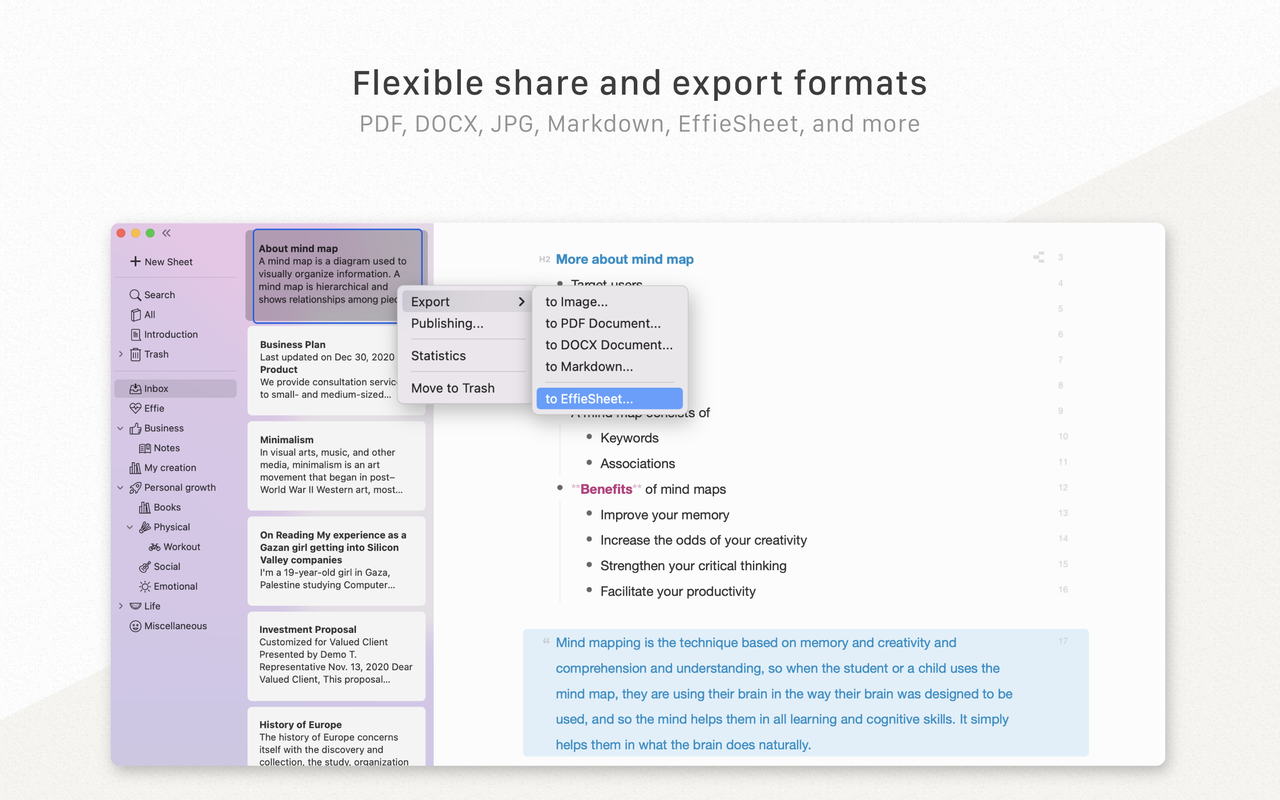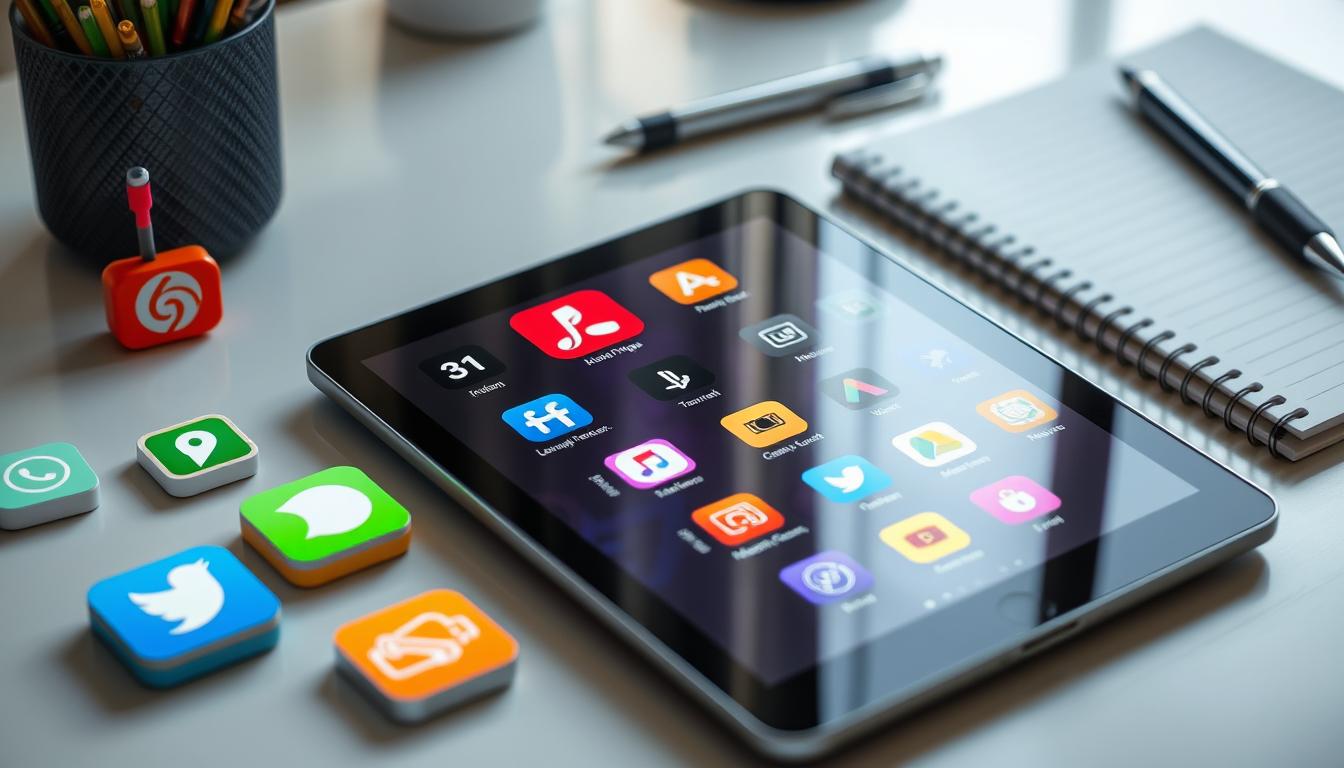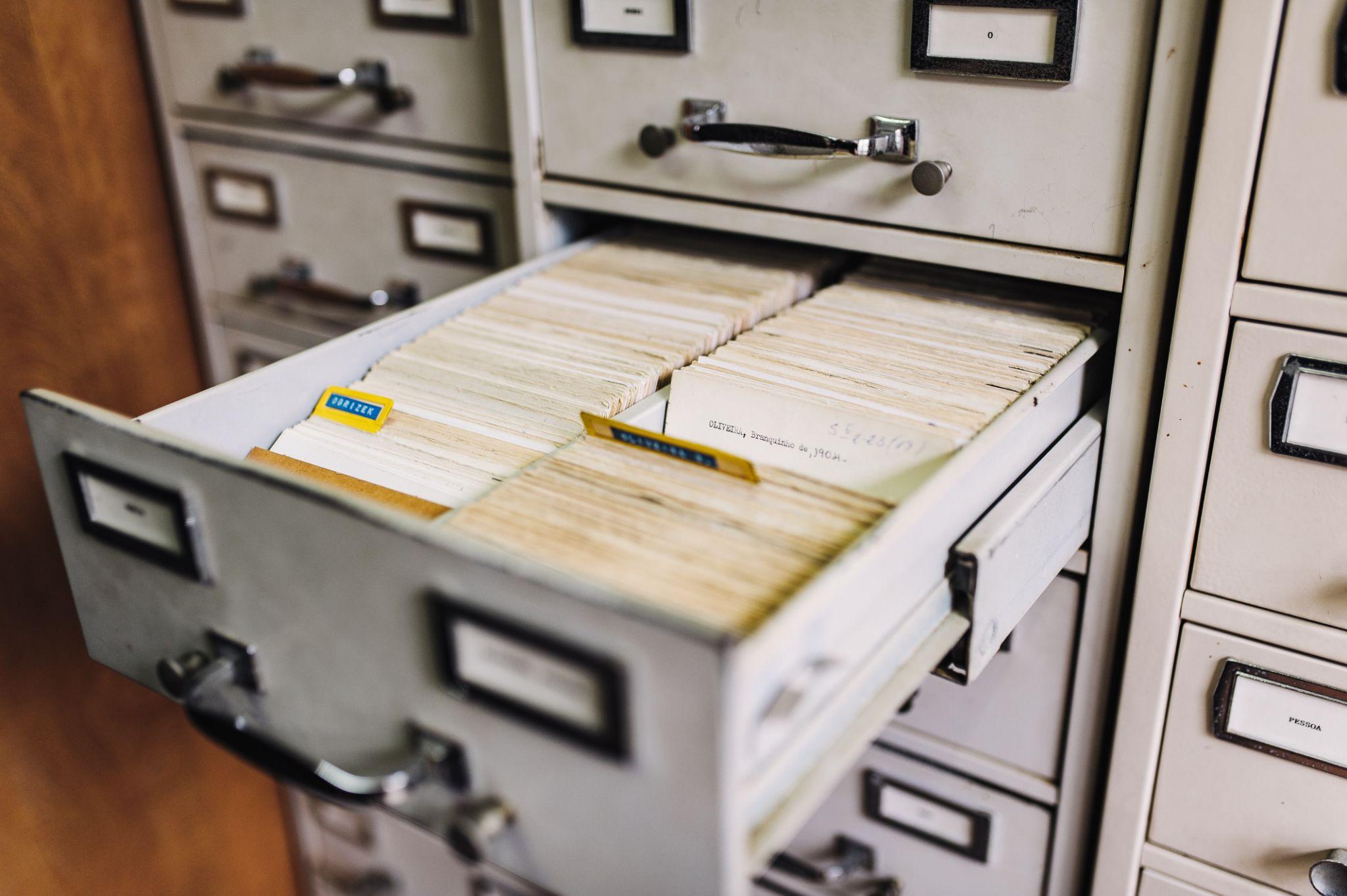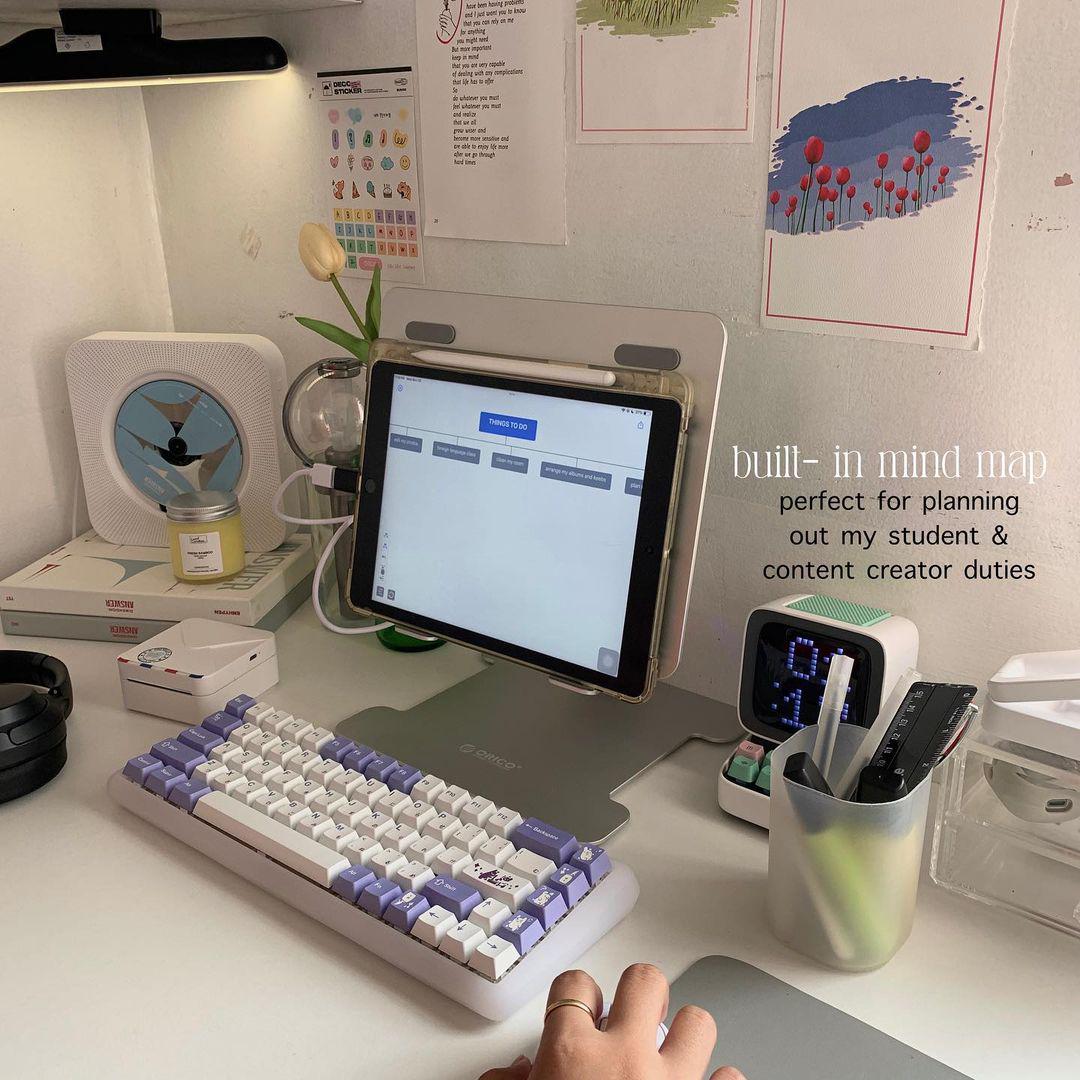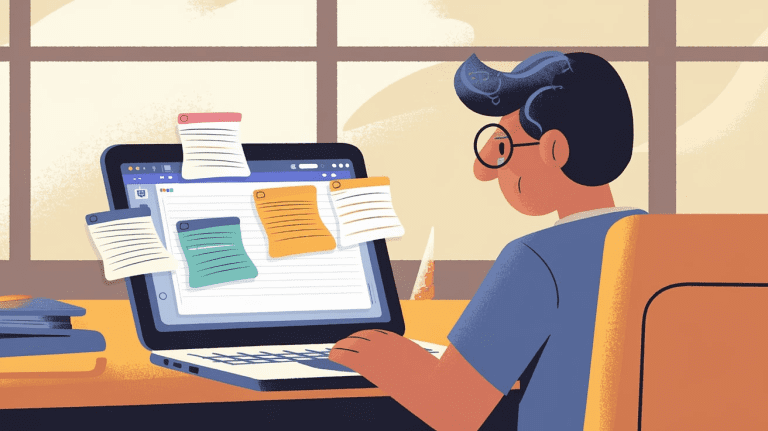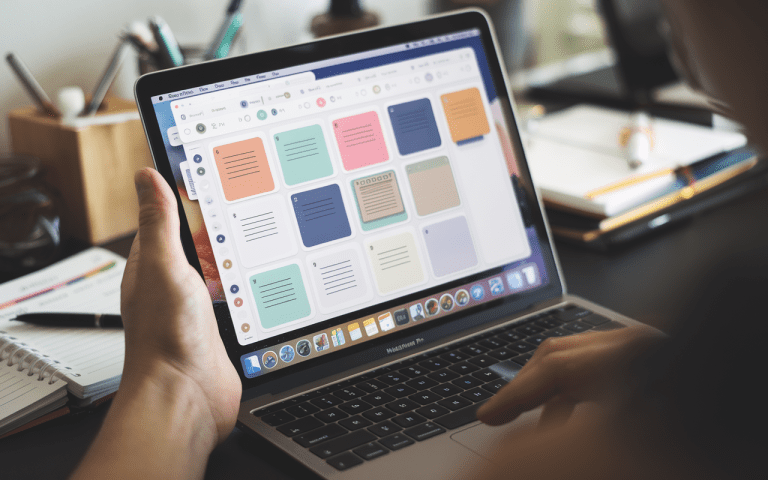Effective Ways to Make Notes: Tips and Techniques
College students typically make notes covering 400+ pages. Learning to take notes well can boost your study and work habits. We’ll share top methods to help you take notes that really help, for students, professionals, or anyone who loves to learn.
Effie, a powerful AI writing software, is an excellent tool for making note-taking more efficient and organized. Its digital note-taking capabilities allow you to record information, organize thoughts, and improve your overall note-making process with ease.
Main Points
- Discover strategies for preparing, organizing, and documenting your notes
- Explore the benefits of handwritten versus digital note-taking
- Learn how to capture, review, and retain information more effectively
- Understand the importance of active engagement during the note-taking process
- Develop a personalized system for efficient and effective note-taking
The Importance of Note-Taking
Effective note-taking is key for success in school. Memo writing in class helps you stay focused and understand important concepts better. It also improves how well you remember the material.
In-Class Benefits
By taking notes with Effie, you strengthen your memory and understanding of the subject. Writing down key points makes you listen more carefully. Effie AI helps you highlight what’s most important and process it right away by suggesting summaries and outlines.
Post-Class Benefits
After class, your Effie-made notes are a great tool for reviewing and studying. They help you create study guides and prepare for exams. Good notes make it easy to find specific information and understand the overall content.
Effie’s mind mapping and AI-generated summaries make this process even smoother, allowing you to synthesize large amounts of information into concise and effective summaries.
| Statistic | Benefit |
|---|---|
| Effie’s AI note-taking enhances memory retention by actively recording information | Makes it easier to remember key concepts and details |
| Well-organized Effie notes enable learners to review content efficiently | Locate specific details and grasp the overall flow of information |
| Effie’s digital note-taking significantly impacts academic success | Reinforces understanding and improves performance |
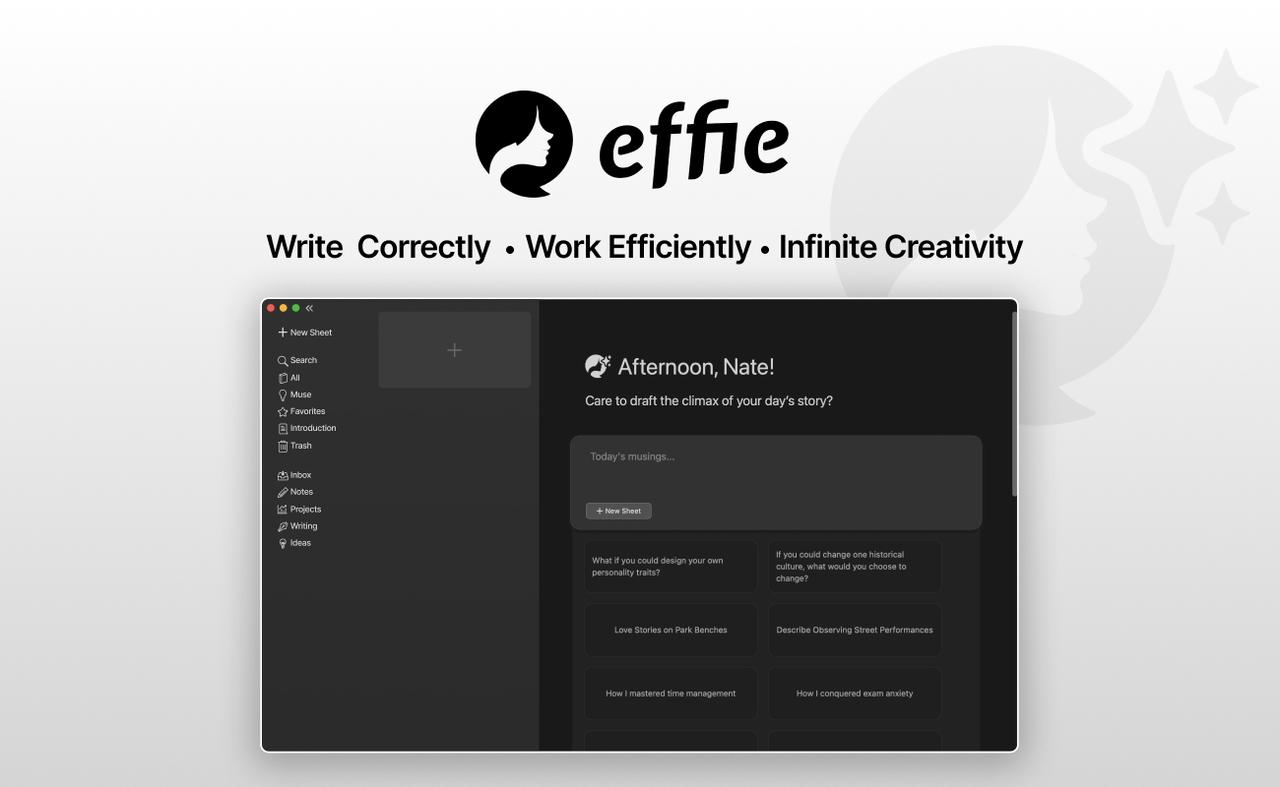
In short, the note-taking importance is huge. Good journaling in class and organizing your notes later are crucial. They help you learn more and do better in school.
Preparing for Effective Note-Taking
Effective note-taking starts before you even get to class. By previewing materials and staying organized, you can make your Effie notes better. Knowing what the lecture will cover helps you focus on the most important points.
Preview Materials
Look over your readings, syllabus, and other materials before class. Effie can help you organize and annotate these materials digitally, ensuring you never lose track of important terms and ideas.
Stay Organized
- Use a different notebook for each class to keep things tidy. With Effie, your annotation automatically sync across all platforms—Windows, macOS, iPadOS, iOS, and Android—so you always have access to your work.
- Label each page with the class name, date, and topic for easy reference.
- Leave space between topics for extra notes or changes later.
- Use abbreviations, symbols, or colors to make your Effie notes easier to read.
By preparing for note-taking, previewing materials, and staying organized, you’re ready to take effective notes.
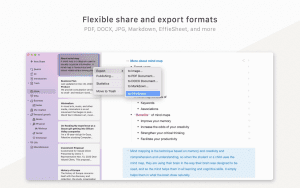
Techniques for make notes During Lectures
Effective note-taking during lectures is key for success. Focus on the main points rather than writing down every word. Pay attention to cues like introductory remarks and repeated concepts, as they highlight important info.
Use abbreviations and symbols to make your Effie notes concise. This method helps you write faster and focus on the most critical details. Also, watch for non-verbal cues like gestures and emphasis, as they signal important information.
Focus on Main Points
Effie AI helps by distilling the main points from your notes, ensuring that the key arguments are captured effectively without being bogged down by minor details.
Shorten Words and Use Symbols When You Take Notes
Make your own quick system. Effie’s special editor lets you style text. This makes your notes easier to read and more organized.
Identify Important Information
Be alert to cues that show important information. Look for phrases like “the key point is” or “in conclusion.” Effie automatically highlights crucial details, so you never miss them.
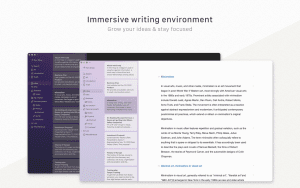
By using these note-taking techniques, you can better capture key information. This helps you stay engaged and improves your learning and academic performance.
Note-Taking Formats to Consider
Everyone takes notes differently. Find what suits you best. It depends on how you learn and what you want to keep in mind. Check out these common ways to jot things down and find your favorite:
- Cornell Notes: This method, developed in the 1950s, organizes your notes into sections. It helps you review and understand material better.
- Outlining: Good for scientific subjects and brief lectures, outlining structures your notes. It shows how different ideas are connected.
- Concept Mapping: Also known as mind mapping, this format is for those who like to see ideas visually. Effie’s built-in mind map feature lets you create a web-like diagram that links topics and ideas, helping you capture connections in a visual format.
- The Charting Method: Perfect for organizing data into rows and columns. It’s great for classes with lots of numbers or details.
- The Sentence Method: If you like writing in sentences, this method is for you. It helps capture the flow and context of information.
Test a few ways to write stuff down. See what clicks for you. The main thing is finding a way that keeps your thoughts in order and makes the info stick better.
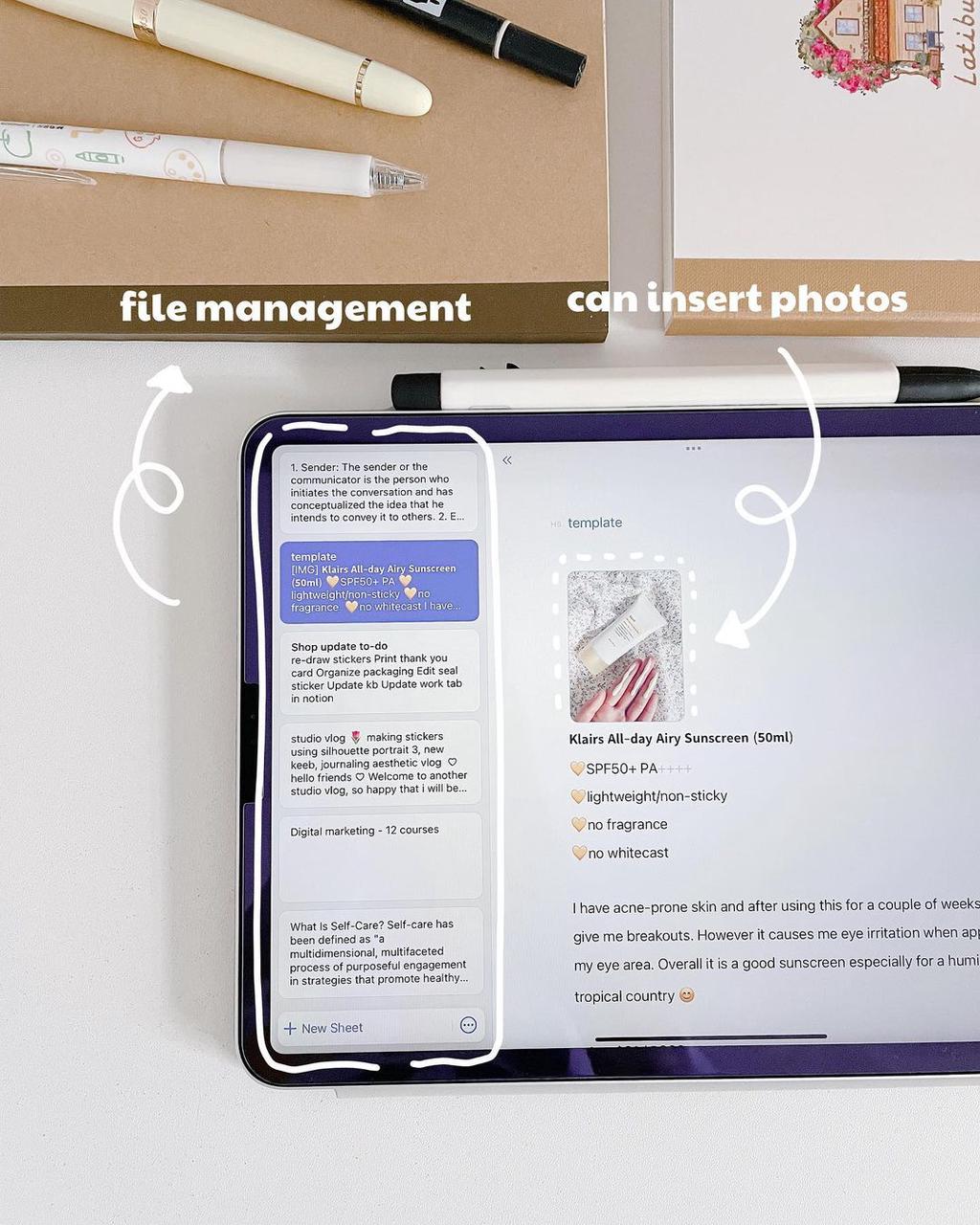
| Note-Taking Format | Key Benefits | Suitable for |
|---|---|---|
| Cornell Notes | Structured format for organizing notes, including summary section | Wide range of subjects, especially those with detailed lectures |
| Outlining | Hierarchical structure makes it easy to see relationships between ideas | Scientific disciplines, classes with concise lectures |
| Concept Mapping | Visual representation of connections between concepts | Courses that require synthesizing new ideas, visual learners |
| Charting Method | Organized into rows and columns, great for comparing and contrasting | Classes with numerical data or detailed information |
| Sentence Method | Captures context and flow of information in complete sentences | Courses that emphasize understanding the full narrative |
Handwritten vs Digital Notes
Both handwritten and digital notes have their own benefits. Your choice depends on what you prefer, how you learn, and what the course needs.
Advantages of Handwritten Notes
Studies show that writing by hand boosts memory and recall. Handwriting is slower, which helps you understand information better. It also lets you add diagrams and sketches easily.
Handwritten notes are always ready to use, no need for batteries. They’re also cheaper than digital tools.
Advantages of Digital Notes
Effie makes digital note-taking seamless and intuitive, allowing you to type quickly, organize notes, and even translate or expand on points with the help of Effie AI.
Choosing between handwritten and Effie’s digital notes depends on your learning style and the course’s needs. Think about what helps you understand and organize information best.
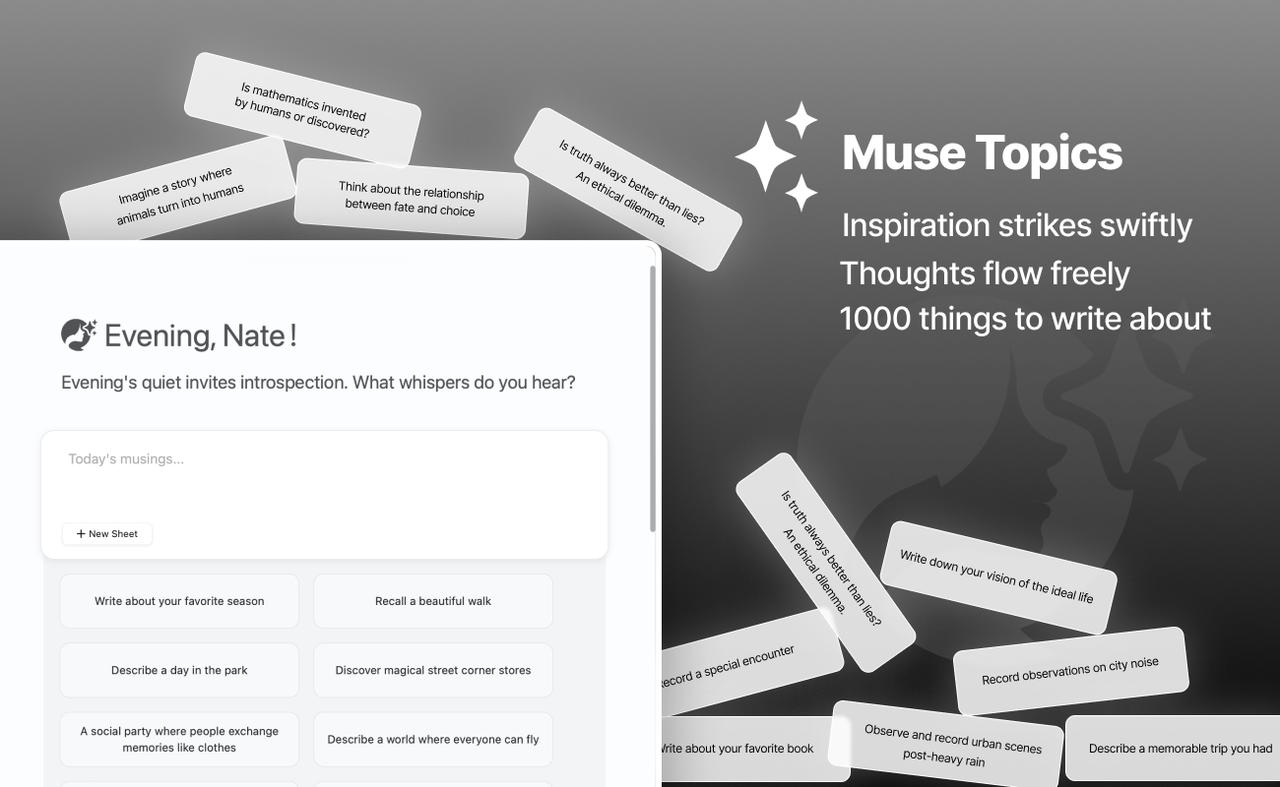
Conclusion
Good notes help you do well in school and work. Get ready before class, write down key facts, and use short symbols to take better notes. Try new ways to find what you like best. Effie’s AI tools can help you make short summaries, outlines, and clean up your notes. This makes studying and looking over your work easier.
FAQ
What is the importance of effective note-taking?
Good note-taking is key to doing well in school. It helps you stay focused and understand important ideas. It also makes it easier to review and study for exams.
How should I prepare for effective note-taking?
Start by getting ready for class. Read any assigned materials before class to know what to expect. Also, check your syllabus to see what the lecture will cover.
Keep your notes tidy by labeling each page. Use different notebooks for each class.
What techniques should I use during lectures to take better notes?
Focus on the main ideas, not every word. Pay attention to what the teacher emphasizes. Use short cuts and symbols to write down notes fast.
Also, watch for body language and tone of voice. These can show what’s most important.
What note-taking formats should I consider?
No perfect way exists for writing notes. It’s about what fits your learning and subject. Give Cornell, outlines, or flowcharts a shot. See which one you like best.
Should I take notes by hand or digitally?
Handwriting notes can help you remember ideas better. It’s also good for making diagrams. Digital notes are quicker and easier to organize.
Think about how you learn best and what you need for your classes. You might use both methods.
Source Links
- Techniques and Tips for Listening and Note Taking – https://www.student.unsw.edu.au/notetaking-tips
- Top Ten Tips on Note-taking – jobs.ac.uk – https://career-advice.jobs.ac.uk/career-development/top-ten-tips-on-note-taking/
- Notetaking Hacks: Supercharge Your College Experience with These Notetaking Tips – https://post.edu/blog/preventing-information-overload-note-taking-tips-students/
- The Importance of Notetaking — University Librarian – https://www.universitylibrarian.com/blog/the-importance-of-notetaking
- Why is Note-Taking Important? – https://carescribe.io/blog/why-is-note-taking-important/
- Listening Note Taking Strategies – https://www.student.unsw.edu.au/note-taking-skills

